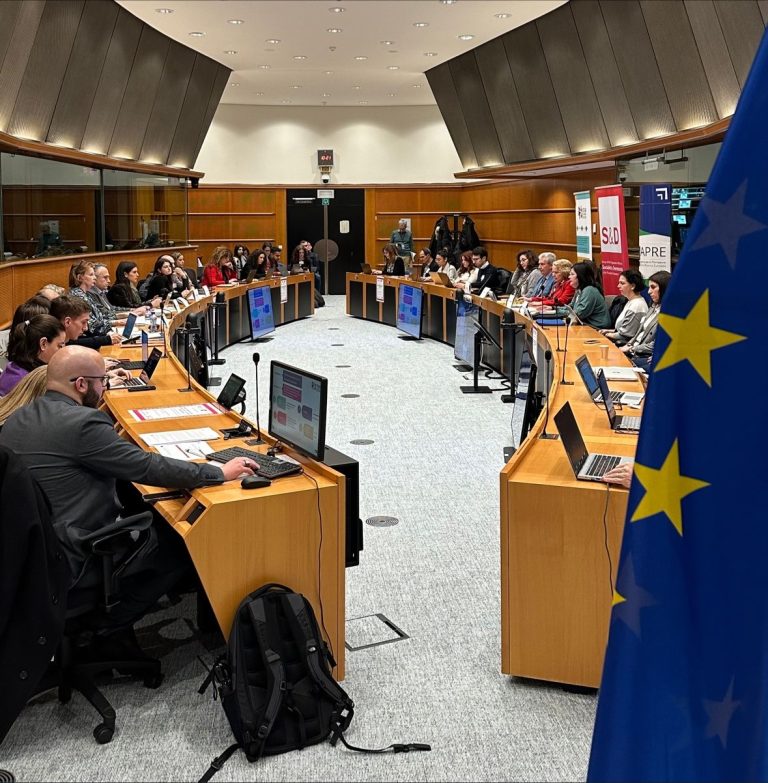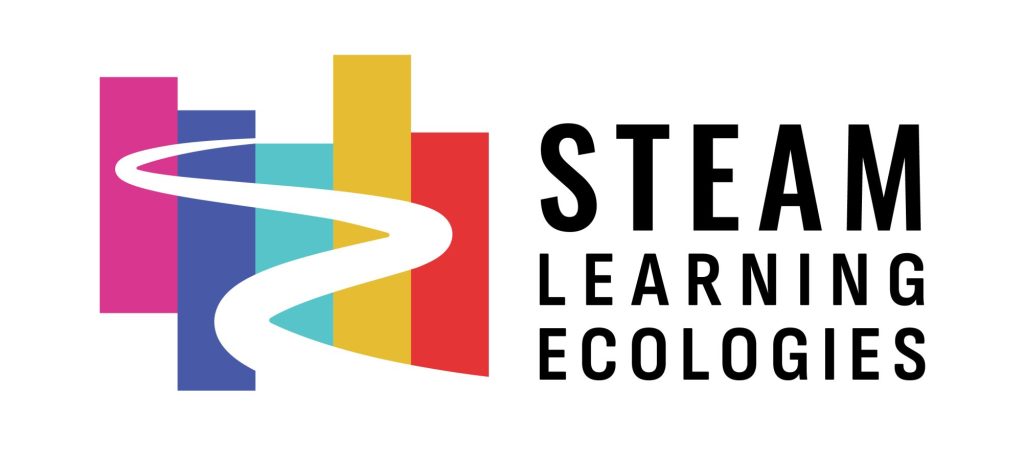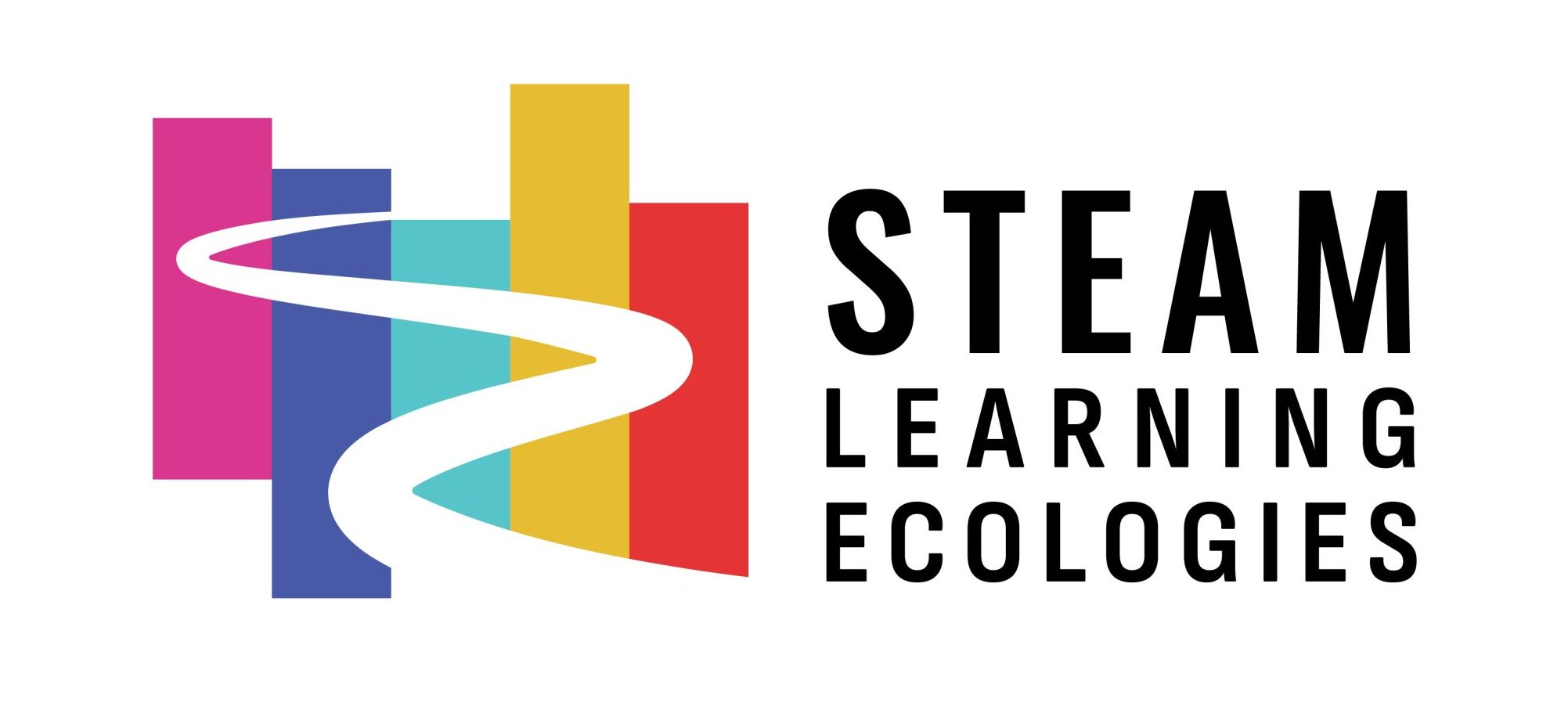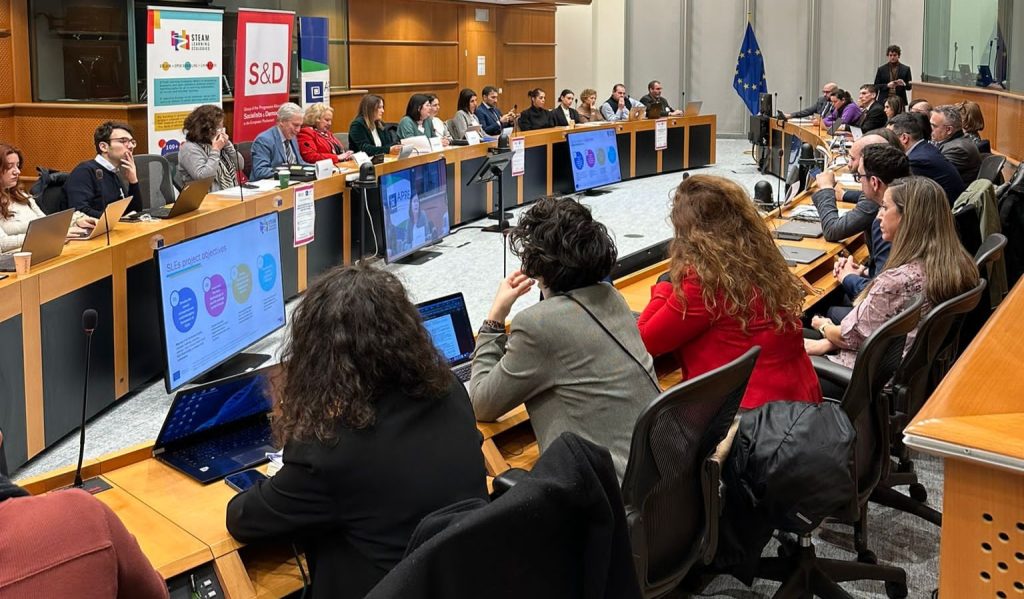The first SLEs Policy Dialogue event took place on the 24th of January 2024 at the European Parliament in Brussels and represented an important milestone for the SLEs project, providing a space for interconnections, sharing and discussion between high level EU representatives and field practitioners. The initiative was also set in the context of the European Year of Skills, a EU-driven campaign aimed at helping people get the right skills for quality jobs and supporting companies in addressing skill shortages in Europe.
The event was organised by APRE, the Italian Agency for the Promotion of European Research, with the support of European Schoolnet. It brought together European representatives, policy makers, and stakeholders in education and research and innovation (R&I) to discuss the necessity and opportunities for teaching STE(A)M subjects through an Open Schooling approach. The event also aimed at validating SLEs first Policy Brief: Open Schooling for Science Education and a Learning Continuum for all.
More than 50 participants were invited to engage with the latest science education policy initiatives launched at the EU level, explore the opportunities and challenges of adopting an Open Schooling approach to enhance STE(A)M skills development across Europe, and contribute to evidence-based policymaking based on insights gleaned from EU-funded initiatives. Their discussions aimed to provide recommendations for future actions in this domain.
After a welcoming address by Member of the European Parliament, Beatrice Covassi (ITRE Committee), who hosted the event, APRE’s director Marco Falzetti provided an introduction, emphasising the role of the Italian association APRE in facilitating access to and promoting research and innovation outcomes. Barbara Quarta, coordinator of the SLEs project and Project Manager at European Schoolnet, provided an overview of the objectives, methodology and first results of the project.
In her keynote speech, Claire Morel, Head of Unit ‘Marie Skłodowska-Curie Actions’, DG EAC, stressed the relevance of several initiatives launched by the European Commission supporting the next generation of young talents such as Girls Go Circular, that aims to equip the teenagers with skills needed for the circular economy; the Digital Education Action Plan, focusing on the Entrepreneurial skills of students; the Science is wonderful initiative, connecting researchers and 3000+ pupils in an annual science fair hosted in Brussels. A need to scale up the existing results from successful initiatives was also mentioned, such as the Researchers’ at school call, which allows researchers to enter classrooms all year-round bringing games, discussion and a playful approach. Morel further highlighted the need to support connections among different stakeholders and support teachers through initiatives like the European School Education Platform and the STEAM Academy.
Following the keynote speech, Laura Mentini, Project Manager at APRE presented SLEs first policy brief, outlining initial findings and recommendations as well as the challenges and opportunities of mainstreaming Open Schooling in science education. These initial findings, stemming from the establishment of the project’s STE(A)M Learning Ecologies, laid the foundation for a productive panel discussion.
Moderated by Chiara Pocaterra, APRE’s Head of Projects Department, the panel brought together speakers from the European Commission(Karen Slavin, DG RTD, and Maria Podlasek-Ziegler, DG EAC) and EU-funded projects on Open Schooling (Pavlos Koulouris, School As Living Labs (SALL), Francesco Mureddo, RoadSTEAMer, Greta Alliaj, Open Schooling Together network).

A set of questions addressed to the speakers raised important points on the need to further investigate the impact and evaluation of existing projects as well as the requirement to better support, promote and scale-up effective STE(A)M learning paths across Europe.
Q1: How can European Institutions better support the promotion of science education and open schooling?
In addressing the first question, European Commission (EC) speakers emphasised the EU’s role as a supporter of science education and Open Schooling while highlighting the primary responsibility of EU Member States in education and training. The speakers also mentioned the Council Recommendation on Key Competences for Lifelong Learning which provides a common European reference framework on key competences for lifelong learning, including numerical, scientific and engineering skills as wells as active citizenship. Despite efforts, a perceived barrier to promoting Open Schooling and STE(A)M skills development lies in a fragmented, sectorial approach. Looking ahead, the EC calls for a more coordinated approach, aligning projects with broader, holistic strategies.
Q2: How can different stakeholders collaborate for effective STE(A)M learning paths?
For the second question, our speakers highlighted the importance of collaboration among stakeholders in developing effective STE(A)M learning paths. At the local level, the emphasis should be on identifying well-funded learning spaces and key individuals who act as connective tissue, fostering inclusivity. Nationally, the recognition of Open Schooling practices across countries and their impact is deemed essential. At the EU level, networks like OS Together play a significant role in sharing insights and fostering collaboration.
Additionally, key stakeholders, including educators, community members, industry representatives, and policymakers, should collaborate to ensure that learning is relevant and applicable to students’ lives. This involves developing a shared vision for STE(A)M education and establishing clear, measurable goals and expectations. Co-creating policy developments and advocating for comprehensive policies with funding for various aspects, including curriculum development, professional development, school facilities, mobility, and public awareness, are essential steps to promote ambitious goals in STE(A)M education.
At educational practice level, it is necessary to integrate innovative approaches in the curriculum, promoting hands-on, project-based, experiential learning. Providing space, time, opportunities, and motivation for educators’ continuous professional development, as well as creating supportive and inspiring learning environments, is crucial. To sum it up, it is important to remember that schools do not operate in a vacuum!
Q3: In what ways can cross-sector collaboration be encouraged for research and innovation in open schooling and STE(A)M education?
In response to the third question, EC speakers discussed the evolving nature of education, the shift from “learning 1.0 to learning 2.0” and highlighted the need for guided transformation through research and policies. They stressed the importance of moving from single, voluntary projects to systemic and systematic changes, requiring political will and adequate resources. Platforms like Scientix, also have an important role to play as they facilitate the communication and collaboration among various stakeholders. Both top-down and bottom-up initiatives are necessary, with stakeholders understanding and supporting changes. Alignment starting at local level is crucial for harmonising varied perspectives towards shared educational objectives.
Q4: What challenges were encountered in implementing Open Schooling learning paths, and what recommendations are there for future projects?
For the fourth question, our speakers shared insights into challenges faced during the implementation of projects. Engaging policy makers proved to be a critical hurdle, and strategies involved close collaboration with municipal authorities and multifaceted engagement approaches. Ensuring the sustainability of networks was identified as another challenge, which was addressed by integrating networks into other projects. Recommendations for future Open Schooling projects included avoiding reinventing the wheel and conducting comprehensive research to consolidate insights from past projects. This wealth of knowledge should be organised into a cohesive body of information accessible to policymakers, researchers, and educators, ensuring a well-informed foundation for future OS projects and fostering more effective and sustainable implementations.
The importance of collaborative partnerships with community organisations, making learning outside the classroom recognisable and formally acknowledged, was underscored. This involves building on the strengths of informal learning, making it a well-designed, acknowledged part of learning, complementary to what schools offer. The recommendations also stressed the need to open up the school to the community and vice versa, fostering collaborative, mutually beneficial partnerships with various community organisations.
Finally, the necessity to ensure alignment with traditional educational standards was mentioned while it is crucial to continually support teachers’ professional growth so that the proposed innovations don’t become an extra workload. The co-creation of policies is also pivotal. Engaging policymakers and thoroughly mapping the policy landscape and identifying gaps lays the groundwork for actionable policy recommendations.
Discussions further highlighted the necessity to scale-up results from already existing EU-funded projects, enhance funding to science education and Open Schooling topics in next research calls and find interconnections with EU Directorates and EU-funded initiatives to present, exploit and sustain such project results also in the future.
Overall, the policy dialogue served as a fruitful opportunity to raise awareness on the SLEs project, and the benefits of the STE(A)M and Open Schooling approaches. Events such as this play a pivotal role in fostering synergies among educators, EU policymakers, and research and innovation stakeholders, facilitating the co-creation of tangible policy recommendations to enhance education and training in science-related subjects for citizens.




